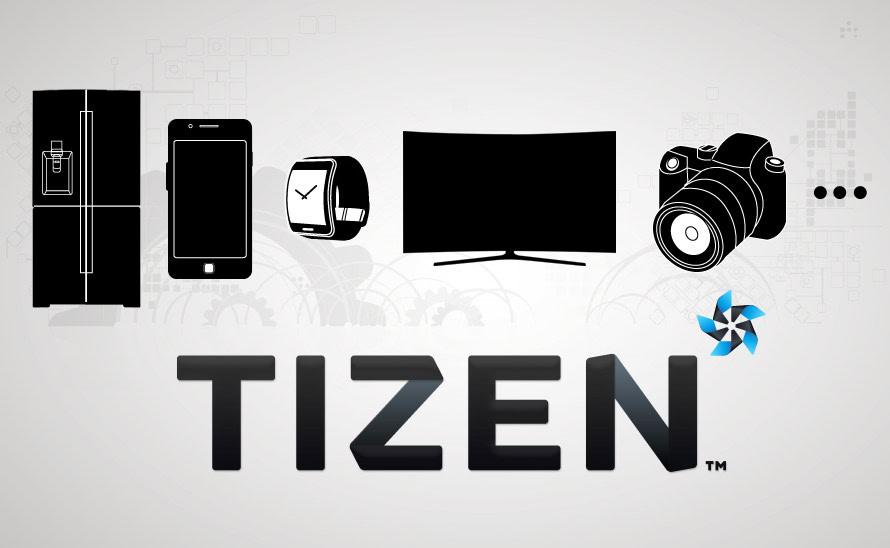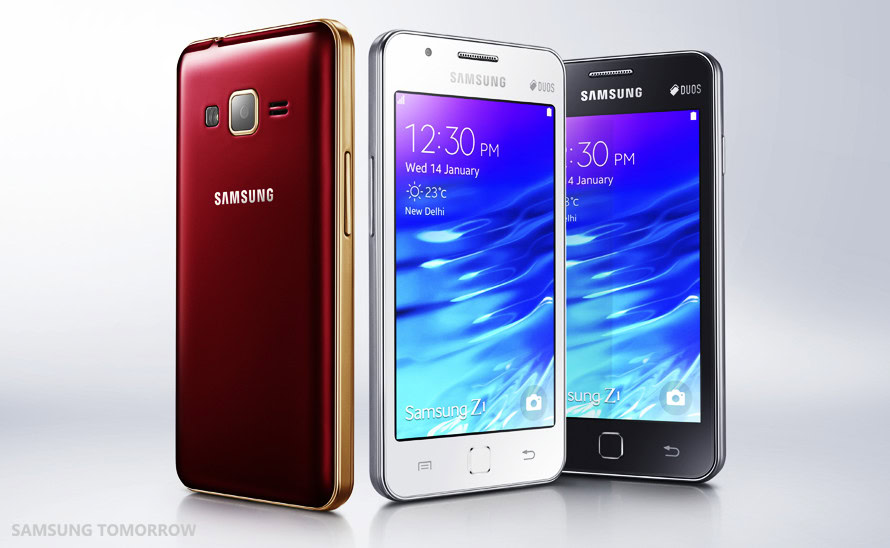Affiliate links on Android Authority may earn us a commission. Learn more.
Tizen is part of a multi-platform strategy, explains Samsung

After plenty of speculation and delays, Samsung’s Tizen powered Z1 smartphone is finally here. Alongside the smartphone’s launch, Samsung has also announced that its customized operating system will be heading to smart appliances and Smart TVs throughout this year and that all Samsung devices will be IoT-ready in five years.
With Tizen powered wearables and cameras already on the market and plenty more products set to follow, Samsung clearly has big plans for the OS and has designed its software with a wide range of platforms and products in mind. The end game appears to be a full range of consumer electronics all powered entirely by Samsung’s own operating system.
In order to support a wide range of product types and requirements, including low power smart products and readying itself for future Internet of Things devices, Tizen is apparently less processor and memory resource heavy than Android. As well as a smoother user experience and allowing Samsung’s products to all run a unified OS, this has the added benefit of helping to keep energy consumption down. Samsung has also been making a conscious effort to garner support for its fledgling platform from developers, by hosing the Samsung Developer Conference and other events in major cities.

It’s all very promising stuff, but such ambitious plans leave us wondering about Samsung’s future support for the core Android operating system. However, Samsung’s recent statement suggests that it won’t be abandoning other platforms and locking its products off behind its own OS.
As its IoT and Tizen platform continues to grow, it seems that Samsung is keen to keep Tizen relatively open. Samsung wants to keep an open relationship with its partners and other operating systems. If nothing else, this should ensure that future wearable and IoT sales won’t be limited to the smaller number of Tizen smartphone owners. Samsung hasn’t announced anything regarding how many future smartphones will be powered by Tizen and how many by Android, although we will almost certainly see more of Tizen in the future.
After plenty of preparation, 2015 and 2016 will likely see Samsung make a big effort to ingratiate consumers with its new product ecosystem. What do you make of Samsung’s broad plans for Tizen?